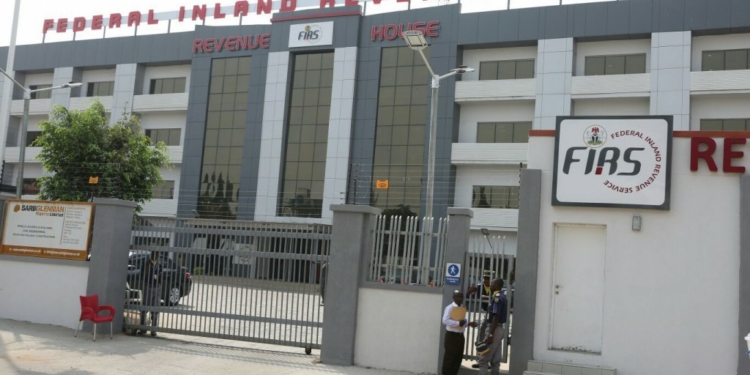- CIT is a 30 per cent tax imposed on the profit of companies
- VAT is a 7.5 per cent consumption tax paid when goods are purchased, and services rendered.
- Government raised N96.96bn from VAT and N70.49bn from CIT
Findings have revealed that Nigerians engaged in wholesale and retail trade and repair of motor vehicles and motorcycles paid a total tax of N167.45bn between the first quarter of 2022 and Q1 2023.
The total tax was raised from Value Added Tax and Company Income Tax.
According to the Federal Inland Revenue Service, CIT is a 30 per cent tax imposed on the profit of companies and VAT is a 7.5 per cent consumption tax paid when goods are purchased, and services rendered and borne by the final consumer.
The government raised N96.96bn from VAT and N70.49bn from CIT for the wholesale and retail trade and repair of motor vehicles and motorcycles.
A breakdown for VAT showed that mechanics and traders paid N14.32bn in Q1, 2022, N16.21bn in Q2, 2022, N17.31bn in Q3, 2022, N19.99bn in Q4, 2022, and N29.14bn in Q1, 2023.
The breakdown showed that there was an increase in VAT collected by N14.82bn or 103.49 per cent between Q1, 2022 and Q1, 2023.
A breakdown for CIT showed that mechanics and traders paid N8.3bn in Q1, 2022, N19.81bn in Q2, 2022, N14.46bn in Q3 2022, N17.89bn in Q4, 2022, and N10.43bn in Q1, 2023.
The breakdown showed that there was an increase in CIT collected by N2.13bn or 25.66 per cent between Q1 2022 and Q1 2023.
In another story, President Bola Tinubu has signed four executive orders, one of which suspends the 5% Excise Tax on Telecommunication Services and the Excise Duty Escalation on Locally Made Goods.
This was revealed on Thursday during a press conference at the State House in Abuja by Dele Alake, the Special Adviser to the President on Special Duties, Communications, and Strategy.
He added that the Finance Act (Effective Date Variation) Order, 2023, which delays the start date of the modifications in the Act from May 23, 2023 to September 1, 2023, was also signed by the President.
According to the presidential spokesman, this is to ensure adherence to the 90 days’ minimum advance notice for tax changes as contained in the 2017 National Tax Policy.










Discussion about this post